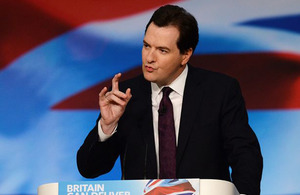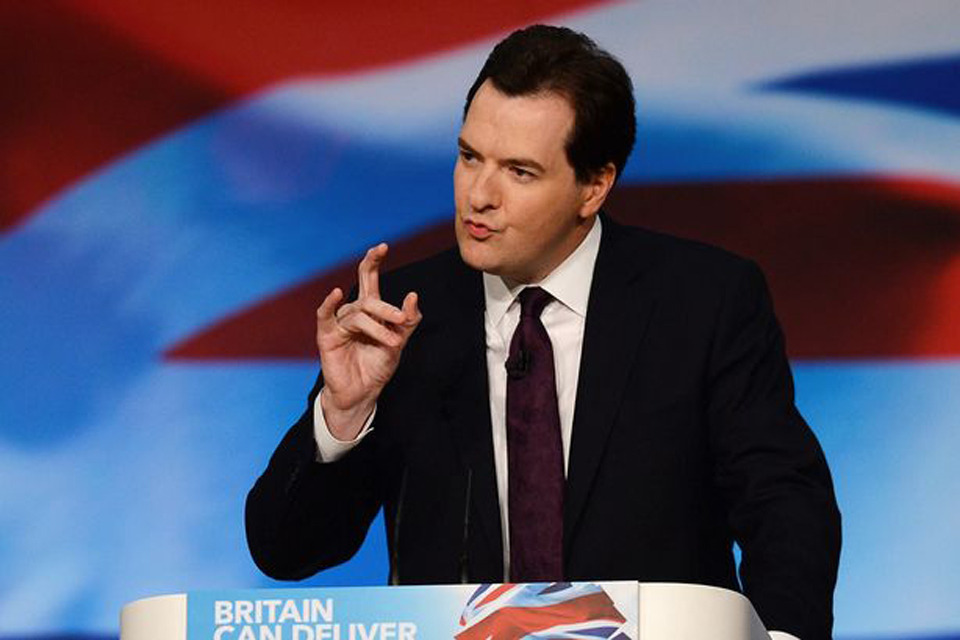Chancellor of the Exchequer delivers budget to Parliament
Find out more about the key measures taken by the British government to consolidate the economy and generate growth.

Chancellor of the Exchequer
The full details of the speech and the documents about the 2013 budget are available on the HM Treasury website. Here are some key points:
The government’s plan for the economy, first set out in June Budget 2010, was based on:
- Fiscal responsibility to deal with our debts with a credible deficit-reduction plan.
- Monetary activism to support demand and keep interest rates low.
- Supply-side reform to help businesses create jobs and deliver lasting prosperity.
In response to the ongoing financial crisis, 2013 Budget introduces several changes meant to consolidate the British economy.
Regarding the economy and public finances, the new budget announces:
- Increasing capital spending plans by £3bllion a year from 2015-16, funded through reductions in current spending.
- A reduction in Departmental spending of £1.1billion in 2013-14 and £1.2 billion in 2014-5. The schools and health budgets remain unchanged.
- Public sector pay awards will be limited to an average of up to 1 per cent in 2015-16.
When it comes to encouraging growth, some of the budget measures include:
- Making the UK tax system the most competitive in the G20 by reducing the main rate of corporation tax to 20 per cent – the joint lowest level in the G20;
- Providing £1.6 billion of funding for an industrial strategy – from this fund the Government will work with industry to create an Aerospace Technology Institute;
This budget includes measures to build a fairer society by making the tax and welfare system fairer, by supporting aspiration and by keeping costs down for households and business, including:
- Cancelling the fuel duty increase that was planned for 1 September 2013 to support motorists and businesses – fuel duty will have been frozen for nearly three and a half years, with pump prices 13p per litre lower from April 2013 than under previously announced plans.
- A significant crackdown on tax avoidance and evasion which will in total raise over £4.6 bn in new revenue over the next five years.

Chancellor of the Exchequer